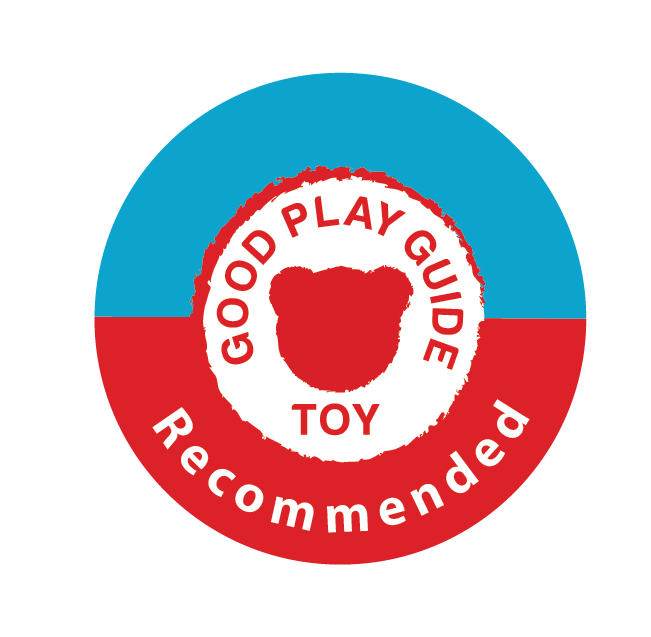Developmental Milestones: 5 Years
Children starting school can start to develop new separation and anxiety fears as they find themselves in a new environment and having to find their feet again. Consistency and comforters can be beneficial where needed to help them through this scary stage.
During these early primary years, the desire among children to ‘fit in’ with those around them is overwhelming. They will be developing their identity and may be trying lots of different clubs or activities to find their interests and social place within their peer groups.
Sleep plays a huge role in learning and development, so early nights are essential to keep their brain attentive and ready to participate in the day ahead.
Language will be rapidly developing and changing as they pick up new words at school and through making new friends.
Writing will also become exciting and their ‘new challenge’. Any activities that encourage this are great to start honing their fine motor skills.
Please keep in mind that these milestones are guidelines only, as all children are different and develop at their own pace. Do not be concerned if your child does not perfectly ‘tick all the boxes’ and avoid comparing your child to other children of a similar age. If you are worried that your child’s development is particularly delayed, visit your GP.
- Investigative learning builds on trial and error and enhances natural curiosity if encouraged through play
- Interacting with others will introduce them to the different opinions, rules and methods of play of their peers. However they may struggle with understanding the different rules and opinions and not be overly willing to adapt or adjust their ways just yet
- Separation, anxiety and seemingly irrational fears are common as children start school and find their way in a much wider community. During any period of change it can be helpful to maintain as much consistency as possible. Don’t be surprised if a child seems to regress and seek comfort from familiar toys that he may have seemed to have grown out of
- Boosting confidence is very important and finding activities you know your child is good at can achieve a positive outcome and can be vital at providing that boost
- As friendships develop they want to please their friends and may pick up some of their characteristics in order to be more like them. This is normal and they will find their own individuality eventually
- Children’s bodies are still growing fast. Sleep is a key factor in behaviour, learning and development. It’s much healthier for a child to be active all day and go to bed early, than flop on the sofa after school and stay there for hours
- Fine motor skills are continuing to develop and continuous encouragement to strengthen these is still beneficial
- Skipping is a possibility now and very popular amongst friends at school
- As children start school their vocabulary increases rapidly. New friends and new experiences all come with their own new words and children will try using them, often in a slightly unusual context
- Your child may start to show signs of wanting to write. It’s great to encourage writing as much as possible. Greetings cards, shopping lists and notes are all things children love to try and write and it really doesn’t matter if they are illegible – practice makes perfect!
- Speech should be quite clear now and their growing confidence should make communicating with others easier for them, particularly with those people they know well like teachers and family members. They may be less confident talking to strangers or less well known adults
- Arts and craft activities requiring fine motor control are brilliant for this age as they develop the pincer grip and strengthen the muscles that are needed for writing
- Play dough type play will help strengthen muscles in their hands and promote fine motor control
- Role play is still popular. Children at this age tend to make it up as they go along rather than plan a show. Try helping them to introduce props such as clothing, umbrellas or bags to extend their play
- Role play can also be used to ease anxiety and prepare children of the next stage. For example, playing ‘schools’, being the teacher and taking the register can help establish routines and concepts they may be about to face
At 5 years old, a child’s understanding of the world is being guided by the National Curriculum subjects.
Building on skills developed in the early years (such as curiosity and experimentation), children will be starting to learn about specific topics in more detail.
Children love to play and this is a great way to support their development and learning. See below for our independently tested and approved toys and apps to support your 5 year old’s development.









